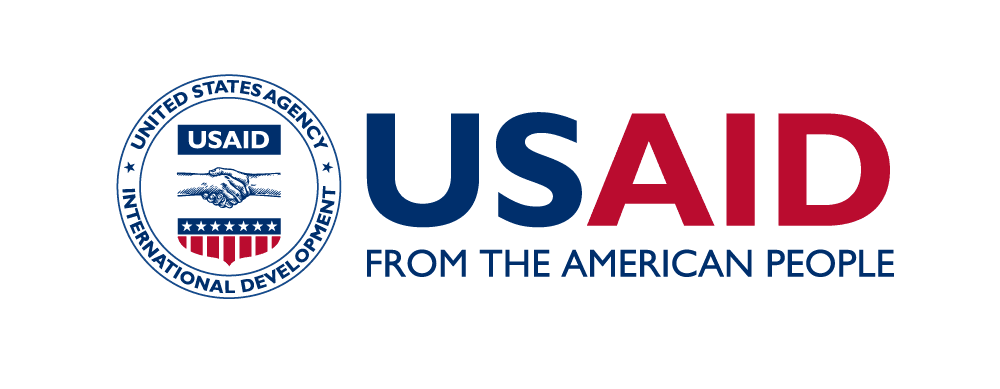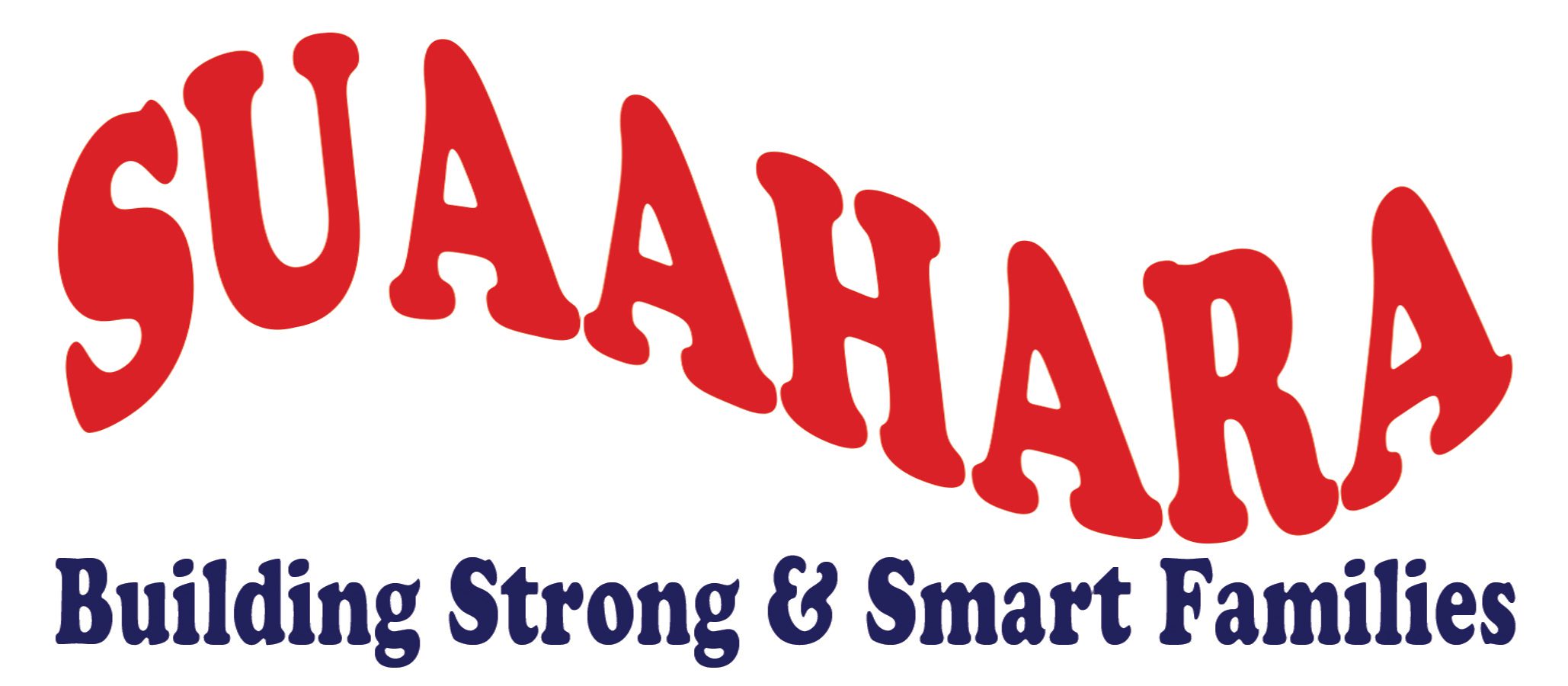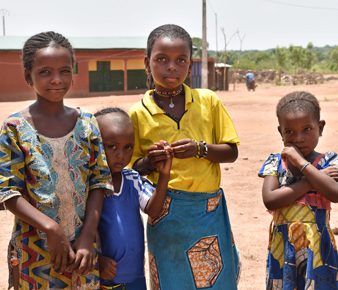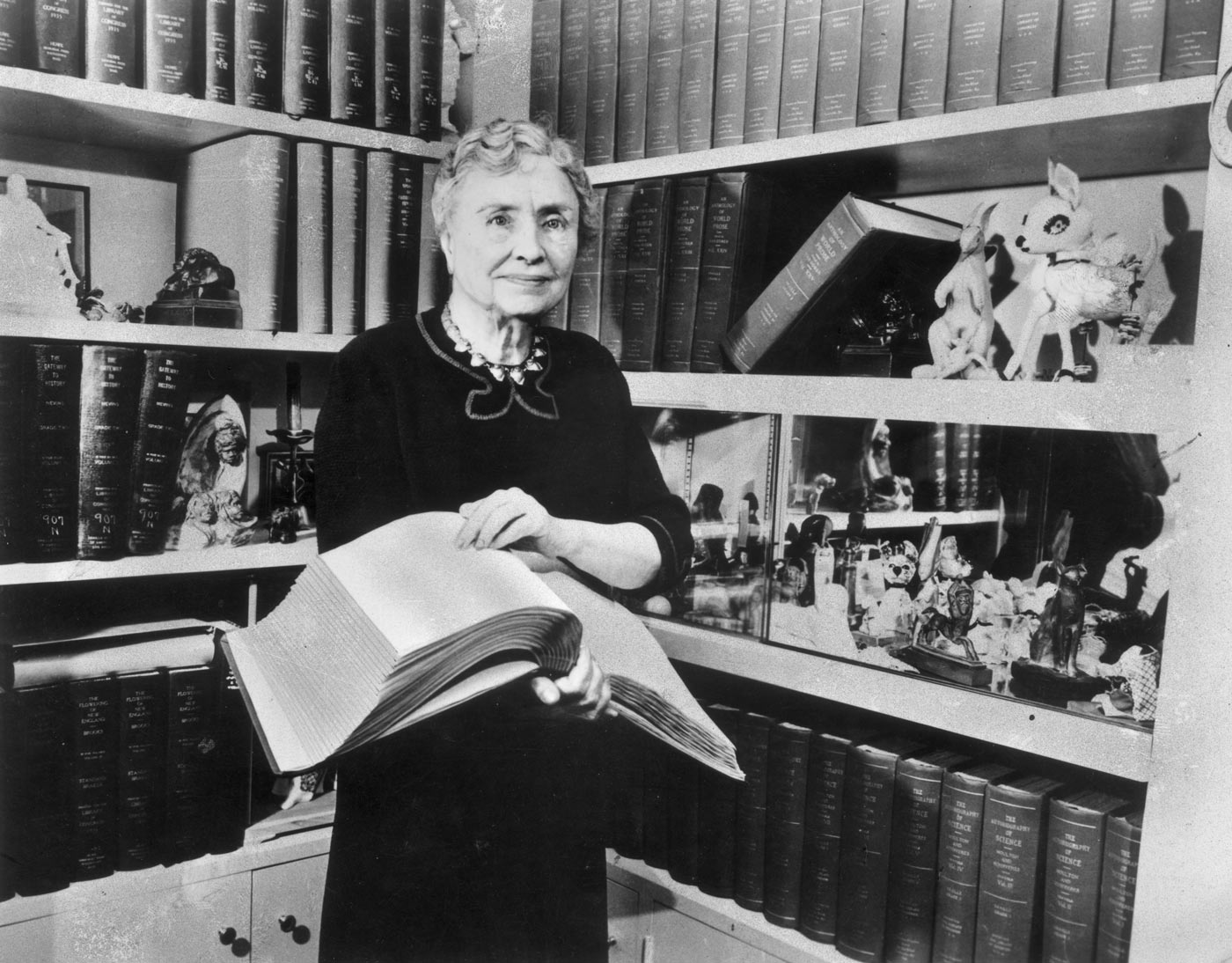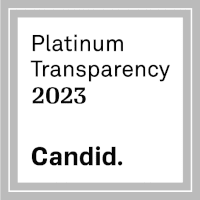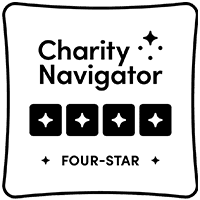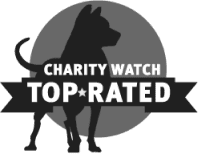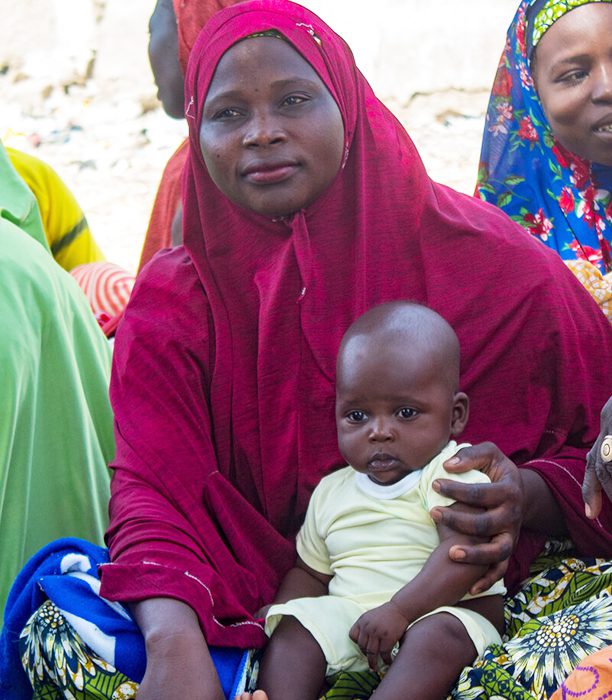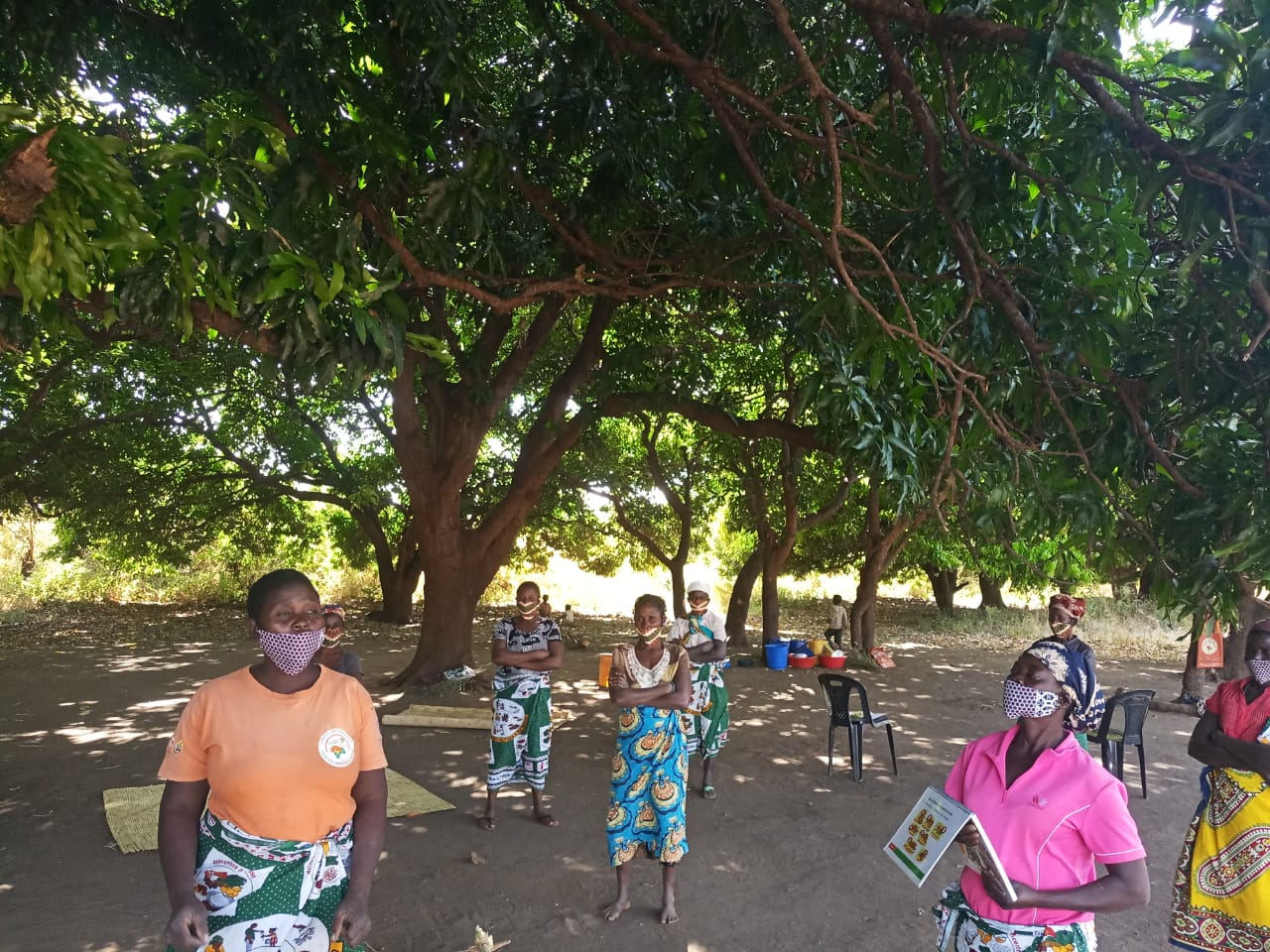
How We’re Fighting Coronavirus: Highlights from 8 Countries
Every country in the world has been impacted by the COVID-19 pandemic. In the United States and the 19 countries across Africa and Asia where Helen Keller Intl works, people living in poverty have been disproportionately affected not only by the disease itself, but also by the crippling economic impact of the crisis. We are working to address both of these issues. We are collaborating with communities to give them the information and tools to protect themselves, putting them in the driver’s seat. We are also working with governments to preserve life-saving health services, while keeping staff safe.
Here are examples of how we’re rising to the challenge and fighting the pandemic in eight countries — while working in solidarity with local leaders and communities to strengthen resilience.
Nepal
The Suaahara II program, which is led by Helen Keller and funded by USAID, aims to reduce hidden hunger and undernutrition among mothers and young children in 42 districts across Nepal. A nation-wide lockdown has forced us to rethink how we conduct key aspects of the program, including interpersonal counseling, home visits, and group events, that are usually done in person.
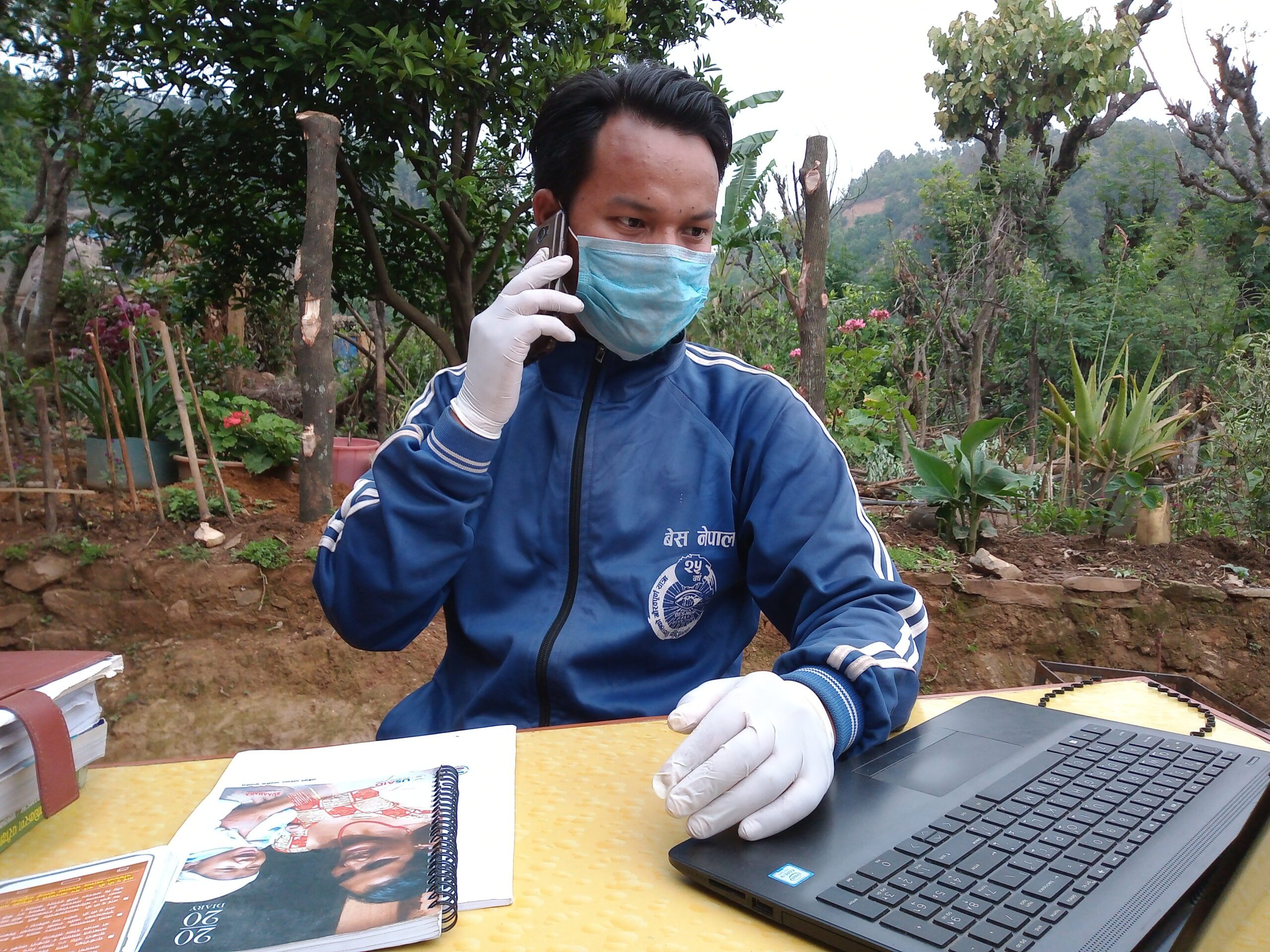
With emergency funding from USAID, the Suaahara II team is now reaching out to communities with essential information they need to safeguard themselves from COVID-19. Each week, our field staff communicate with millions of people via phone calls, text messages (SMS), social media, and mass media. They provide at-risk families with vital information and counselling to improve nutrition and food security, protect health, increase access to clean water and sanitation, and encourage behavior changes that will stop the virus’s spread. The communication is not one-way: we are using social media platforms to hear from communities, including their priority questions.
Cameroon
The pandemic could have a massive and tragic impact on nutrition. The World Food Program estimates that it could push an additional ten million children into acute malnutrition, an increase of 20% above an already unacceptable and tragic number. Our team in Cameroon has found creative ways to continue its innovative malnutrition treatment intervention. The program, funded by USAID, provides food vouchers for families of children with malnutrition.
Community health workers have been equipped with masks, alcohol-based solutions, and gloves that limit the spread of the disease. With these protective measures, they can continue to safely screen children for malnutrition. In the photo below from Cameroon’s Far North region, a community health worker takes a child’s mid-upper arm measurement to determine whether the child is adequately nourished. He systematically disinfects the measuring tape (known as a Shakir Tape) with an alcohol-based solution before and after each use. He also uses screening sessions as an opportunity to better educate caregivers about hygiene and social distancing measures.
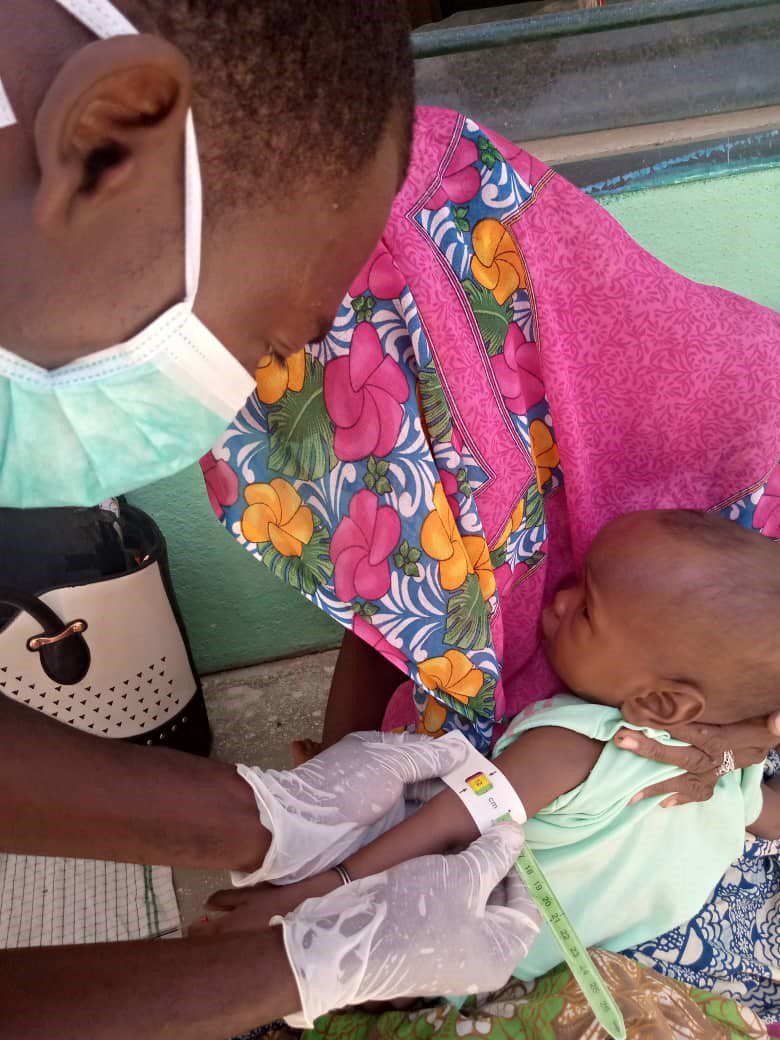
Community health workers refer children suffering from moderate malnutrition to health facilities for caregiver counseling and vouchers that can be redeemed with qualified market vendors for nutritious, therapeutic foods. Severely malnourished children, meanwhile, receive in-patient counseling and treatment at the health facilities. Community health workers then follow up with routine home visits to provide further counselling to caregivers and to ensure the children are improving. In the age of COVID-19, they don protective equipment and follow social distancing guidelines.
Health workers are also training influential women in Far North communities to become nutrition educators. They teach the women about optimum infant and young child feeding and show them how to do public cooking demonstrations. Since the start of the pandemic, they have also been educating the women about how to stop the spread of COVID-19, so that they can in turn pass this knowledge on to their communities. As an additional precaution, the cooking demonstrations are now limited to 30 people, and social distancing is enforced.
Bangladesh
Through two USAID-funded programs – one called SAPLING in the Chittagong Hill Tracts, and one called REARRANGE, which works with host communities in Rohingya camps in Cox’s Bazar – we help the most marginalized community members improve their health, income, food security, and nutrition.
In response to COVID-19, we have added activities to reduce, prevent, and control the pandemic. Our goal is to ensure that at-risk populations have access to accurate information and knowledge to protect themselves. Meanwhile, we know that continuing to support existing water, sanitation, nutrition, livelihoods, and disaster management programs is crucial.
We are counselling families by phone about how to prepare their land for planting. We are providing cash transfers to community members living in poverty, so that they can purchase livestock. We are repairing potable water systems and procuring and distributing soap. We are also promoting handwashing and disseminating other coronavirus-related information, using every available avenue — from loudspeakers to leaflets to social media videos. We have provided staff with special training and personal protective equipment so that they can carry out this work safely.
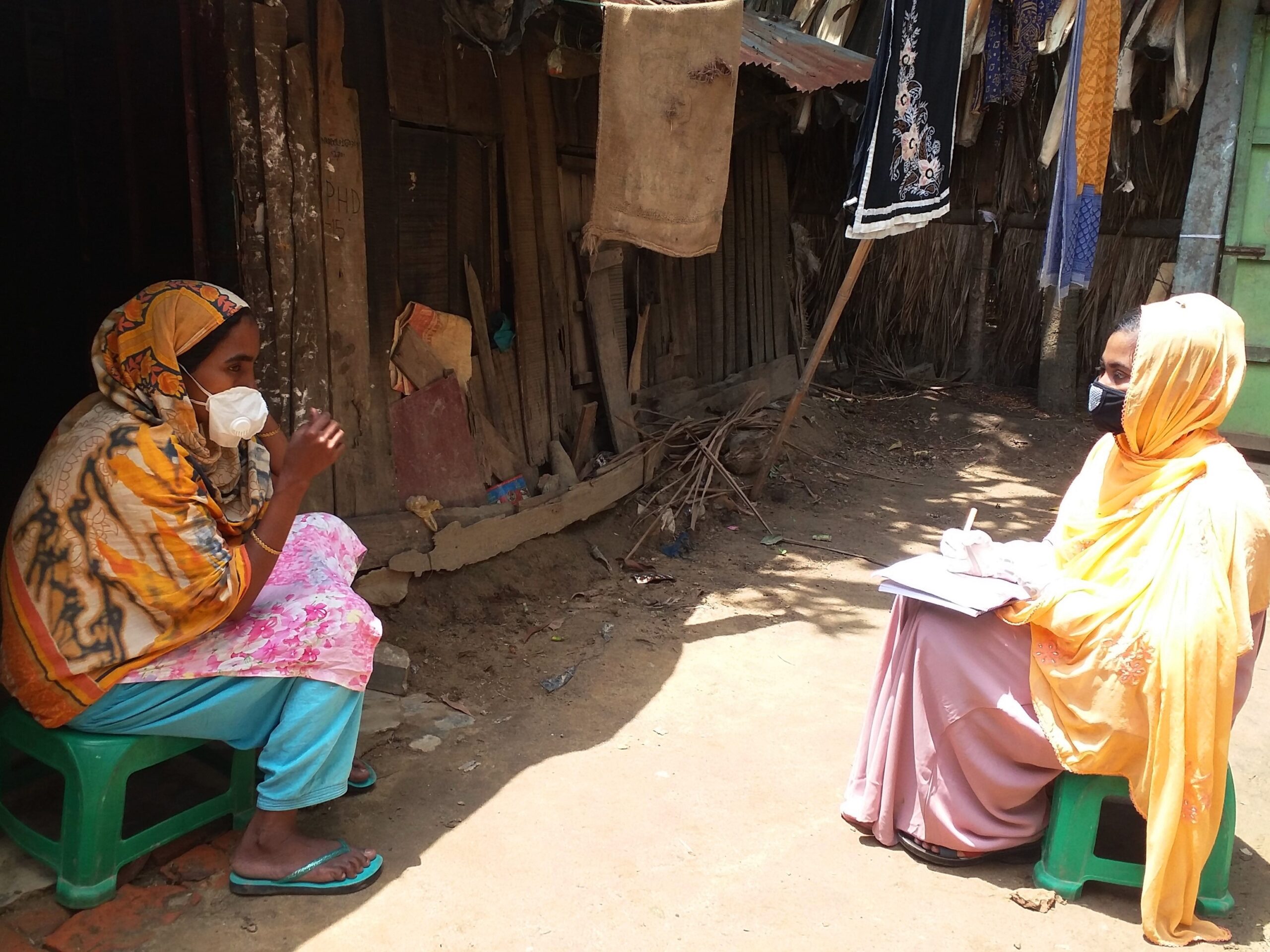
One of the videos we’ve produced, below, is a short instructional video in which a village elder teaches her grandchild proper handwashing technique. Sharing this knowledge with the community could literally be a lifesaver, now more than ever.
Beyond our nutrition programs in Bangladesh, we also support eye health programming. In partnership with the government of Bangladesh, we have established three diabetic retinopathy facilities over the past ten years. These centers provide high-quality screenings and refer patients for treatment when they are found to have diabetic retinopathy, a complication of diabetes that causes blindness but is treatable if diagnosed early.
Unfortunately, COVID-19 has made screenings, which require close physical contact, potentially dangerous. In order to protect both health care providers and patients, staff now wear protective gear and provide masks and hand sanitizer to patients. With these precautions, staff are able to continue providing high-quality care and services.
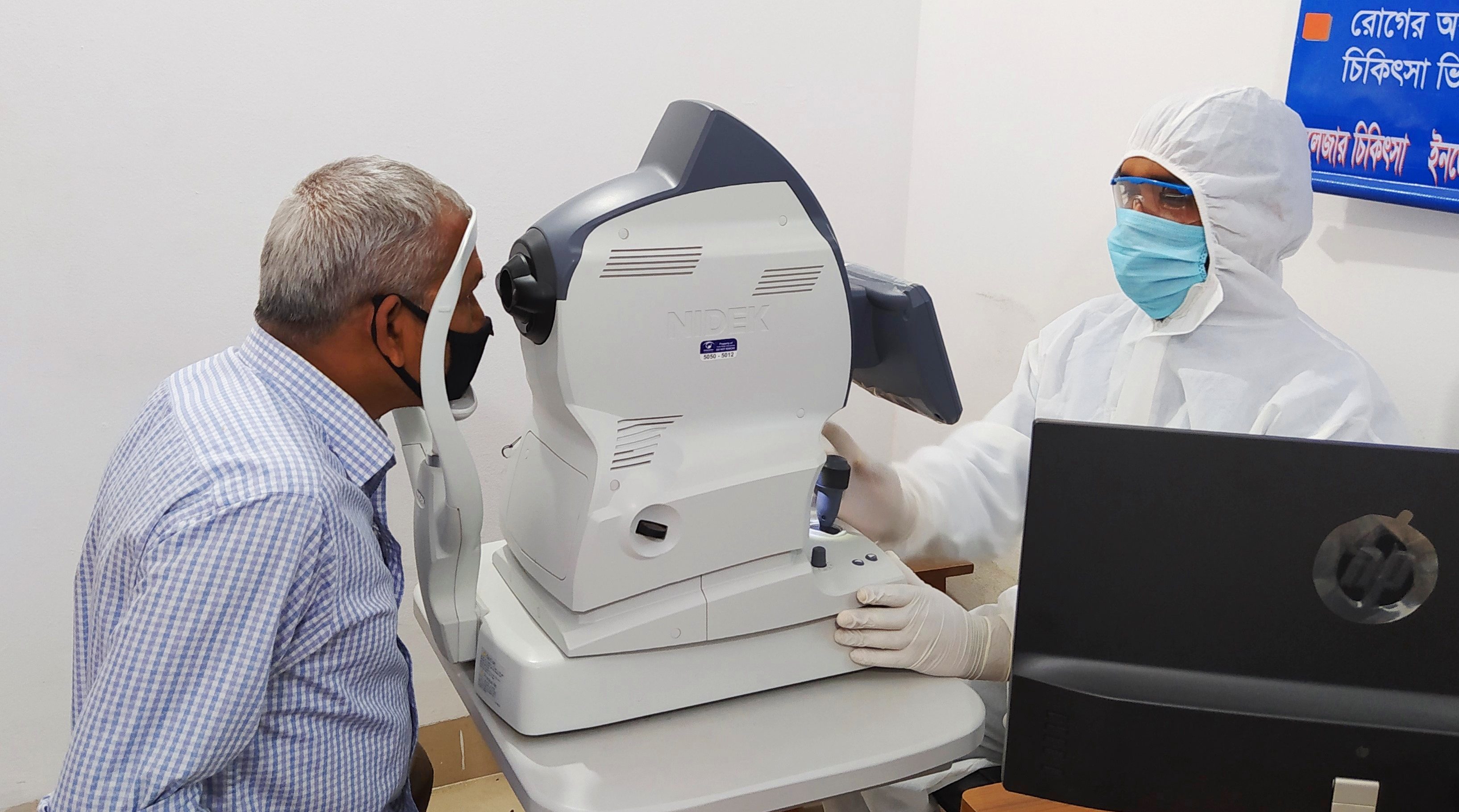
Senegal
As part of Project Neema, funded by USAID, we work with the Senegal Ministry of Health to strengthen the country’s healthcare system. We support integrating vitamin A supplementation and other nutrition interventions into protocols for routine care. We are currently participating in strategic meetings – both remote and in-person with a reduced number of participants — with the Ministry of Health to determine how to best continue providing essential healthcare while taking precautions against COVID-19.
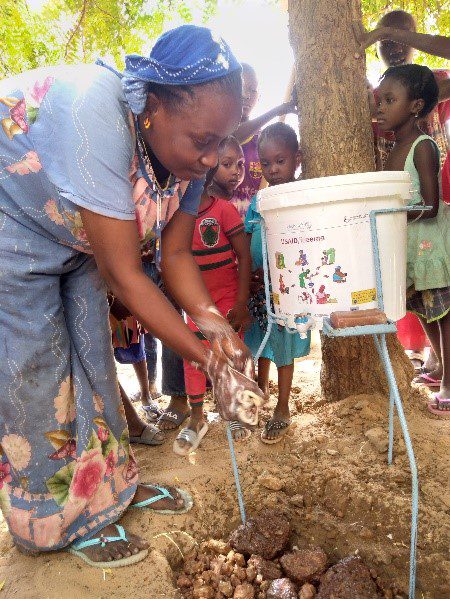
Because we are well-trusted and have our ear to the ground in local communities, we are in an excellent position to advise the government on how local contexts will impact service delivery. We are leveraging our expertise to support the government in amending the acute malnutrition treatment plan as well as infant and young child feeding guidelines to include COVID-19 prevention measures.
In addition, we are distributing thousands of handwashing stations in the Matam region of Senegal, to increase access to soap and clean water. We are sensitizing communities about the importance of using the stations and the proper way to wash hands.
We are also supporting the increased production of the nutrient-rich flour blend that our local partners make. It is provided to pregnant and lactating women, as well as to mothers of children at risk for malnutrition, in order to quickly improve their nutritional status.
Furthermore, we are working with partner organizations to develop a civil-society COVID-19 resilience plan for affected communities, so that they will be able to better withstand the negative impacts of the pandemic.
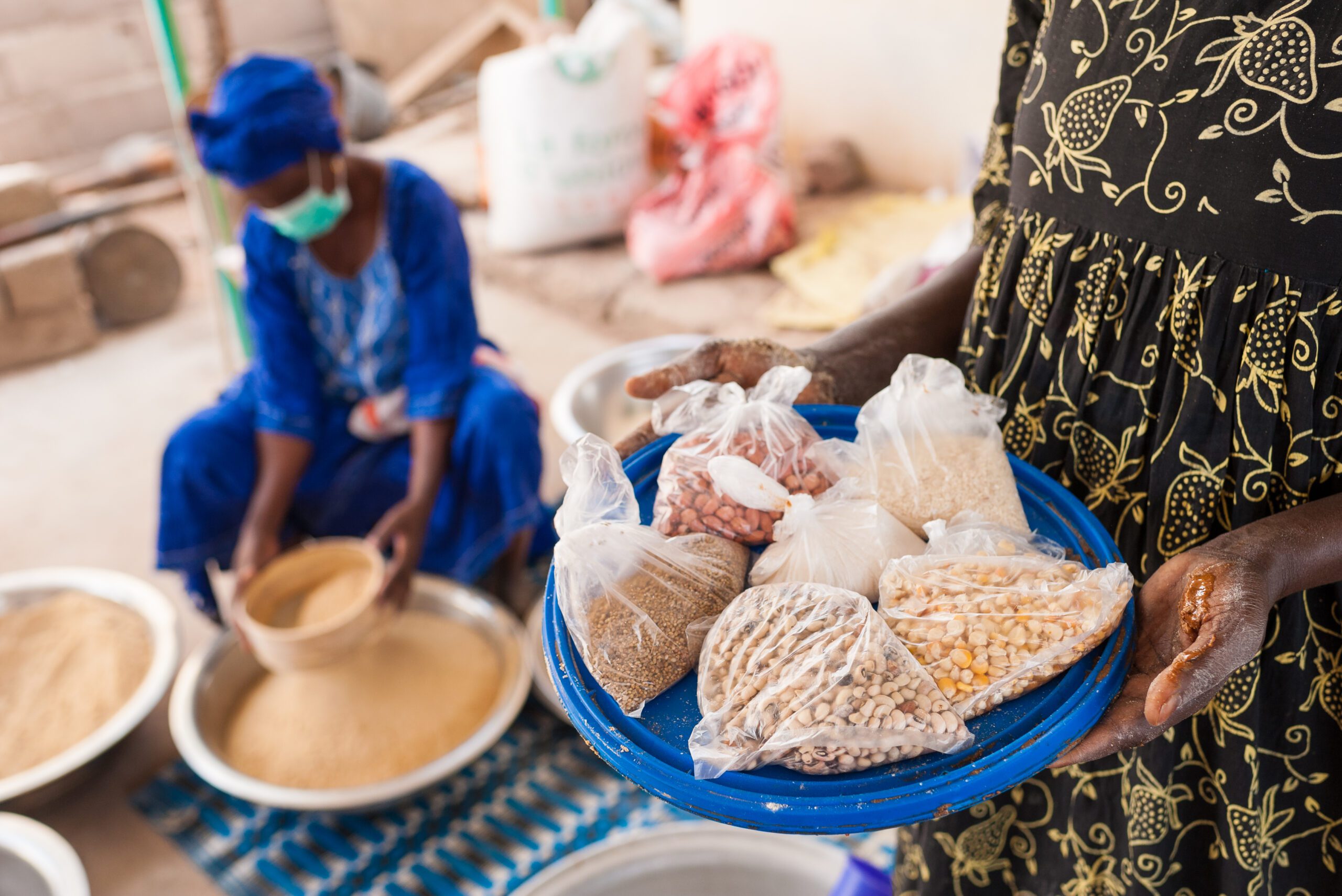
Mozambique
In Mozambique, we work with families that are at-risk of food insecurity and malnutrition, to help them increase their agricultural output and improve their health. COVID-19 safety concerns have limited some of our program activities. However, some vital activities continue with the addition of social distancing. For example, we are still actively promoting and demonstrating proper handwashing techniques. We are also promoting the use of face masks.
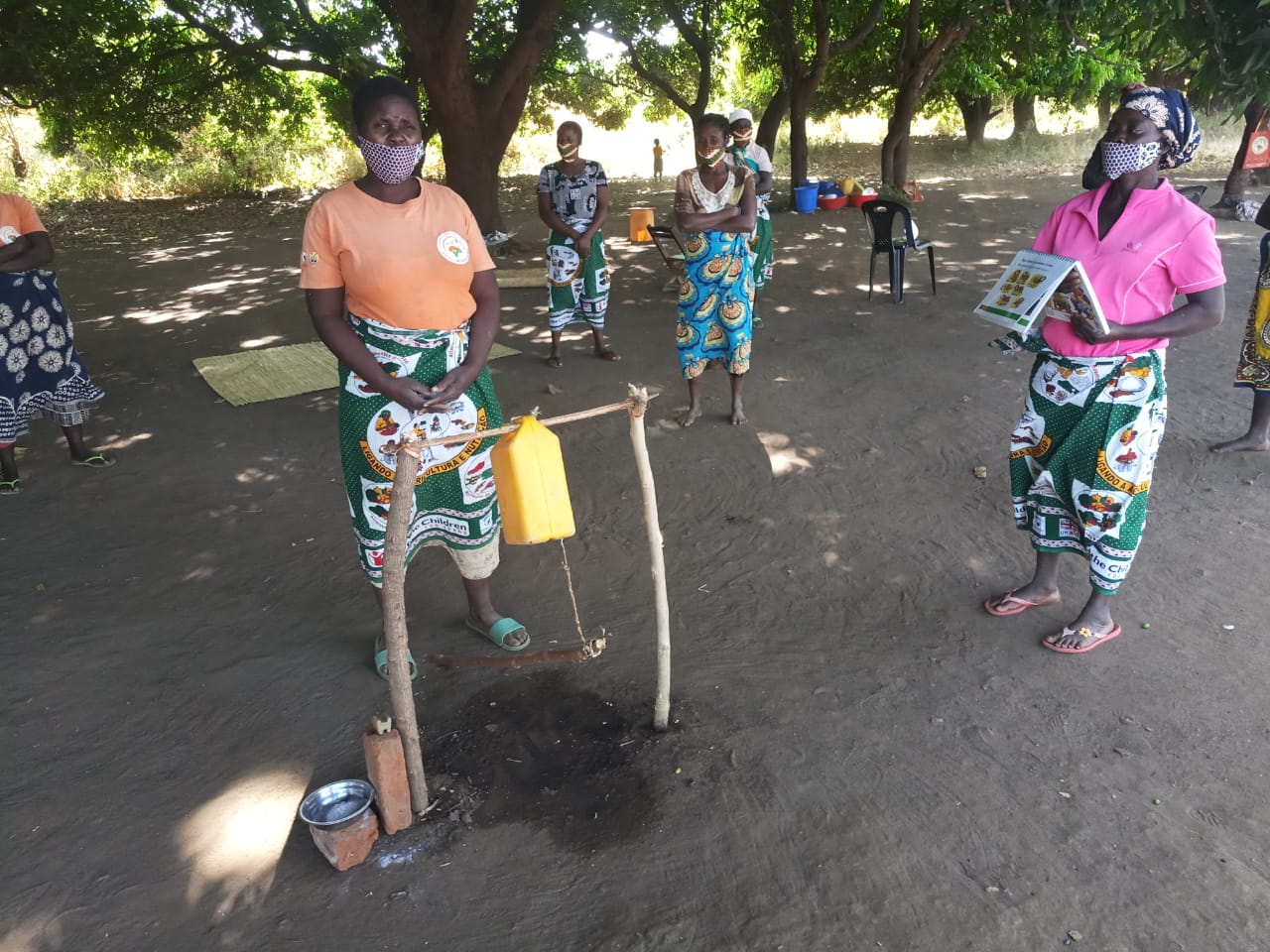
We have also found new ways to help communities weather both the pandemic and its economic side effects. We are counselling families in how to create adequate food stocks to last throughout the state of emergency. We are also using local radio broadcasts to disseminate nutrition guidance and COVID-19 prevention and awareness messages.
Vietnam
Thanks to the generous support of Irish Aid, Helen Keller Intl has provided hundreds of bottles of hand sanitizer and thousands of bars of soap to Centers for Disease Control (CDC) in three Vietnamese provinces. The CDCs have distributed the supplies to people in those areas, to help stop the spread of COVID-19.
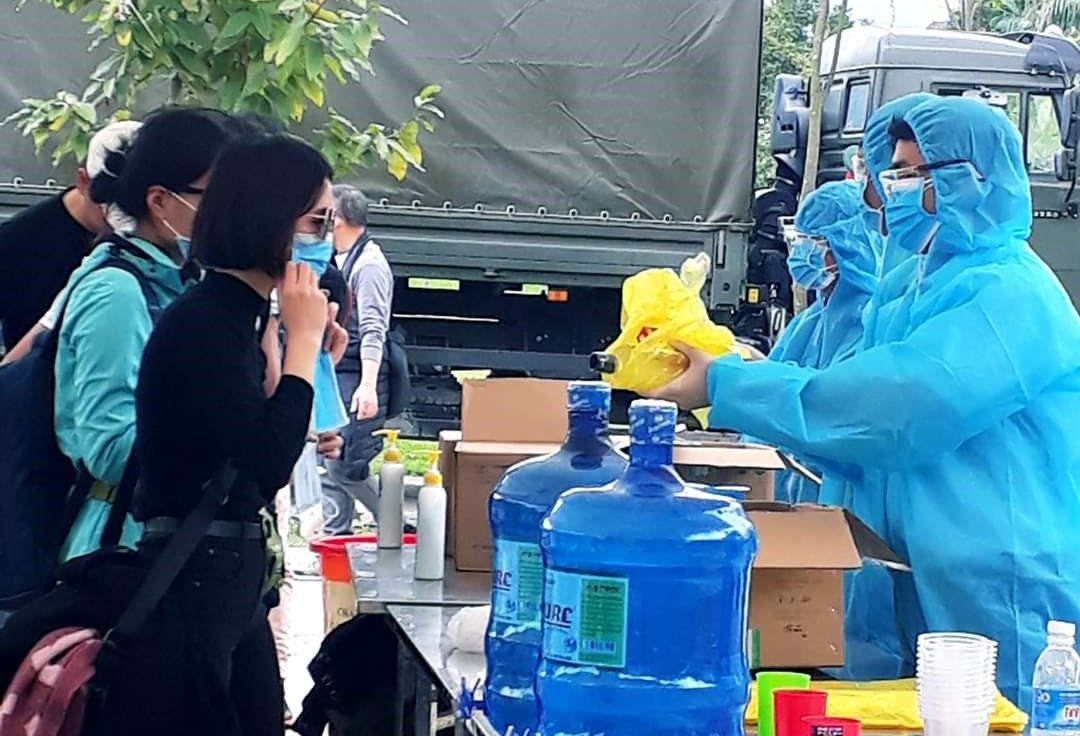
In addition, we have distributed hundreds of masks, as well as hand sanitizer, to participants of cooking demonstrations, composting trainings, and other in-person (but socially distanced) activities. At cooking demonstrations, facilitators have also reinforced their routine advice to thoroughly wash hands before and after cooking.
When and where stay-at-home orders and movement restrictions prevent these programs, we are spreading prevention messages via radio broadcasts.
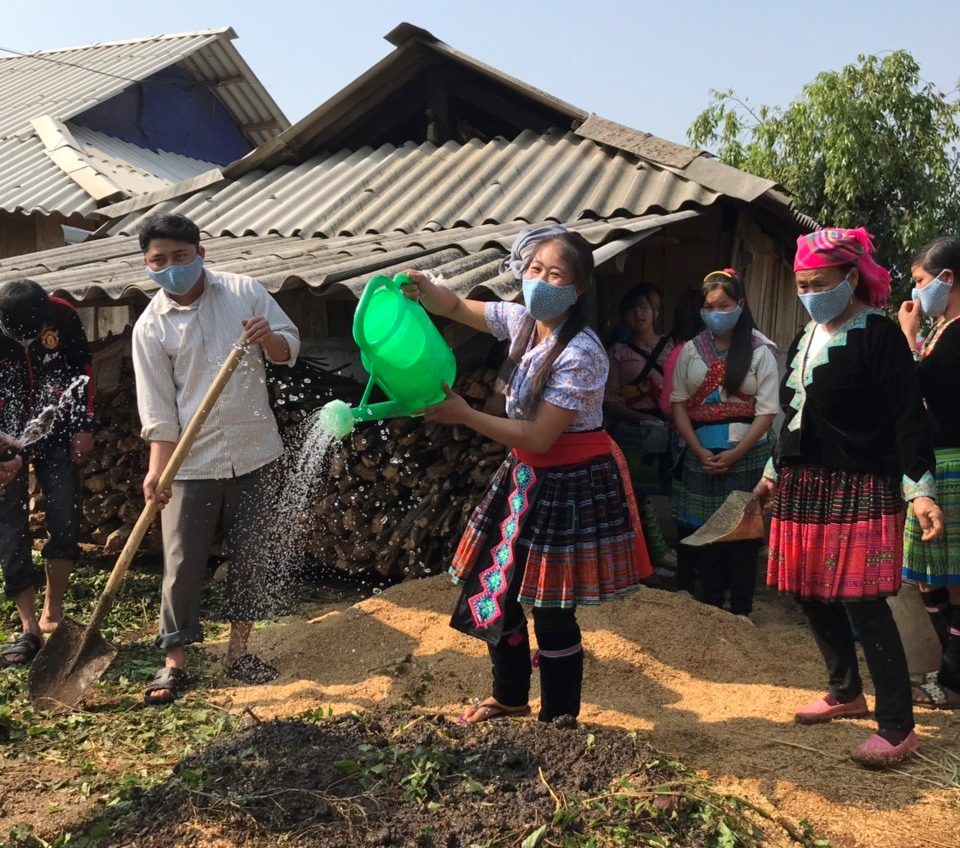
United States
Helen Keller Intl’s U.S. Vision Program provides free vision screenings, exams, and eyeglasses to communities in need. We provide the vast majority of our vision services directly to students in their schools. So, when schools closed due to COVID-19, we had to temporarily suspend our programs.
In mid-March, there were thousands of students across seven states who had received an exam and picked out a pair of frames, but who hadn’t received their completed eyeglasses yet. (The lenses first need to be installed into their frames by the lab, and then checked by our staff, before they are dispensed to students at their schools.) By working with our partner school districts to determine the best way to get the newly-made glasses into students’ hands (and onto their faces!), we have been able to distribute over 4,000 pairs of eyeglasses. In many cases, we mailed glasses directly to students’ home addresses, and in other cases we delivered glasses to school nurses or other school staff so that they could dispense them to students during meal services or technology days. The photo below shows boxes of individually packaged glasses ready to be shipped to students’ homes, in New Jersey.
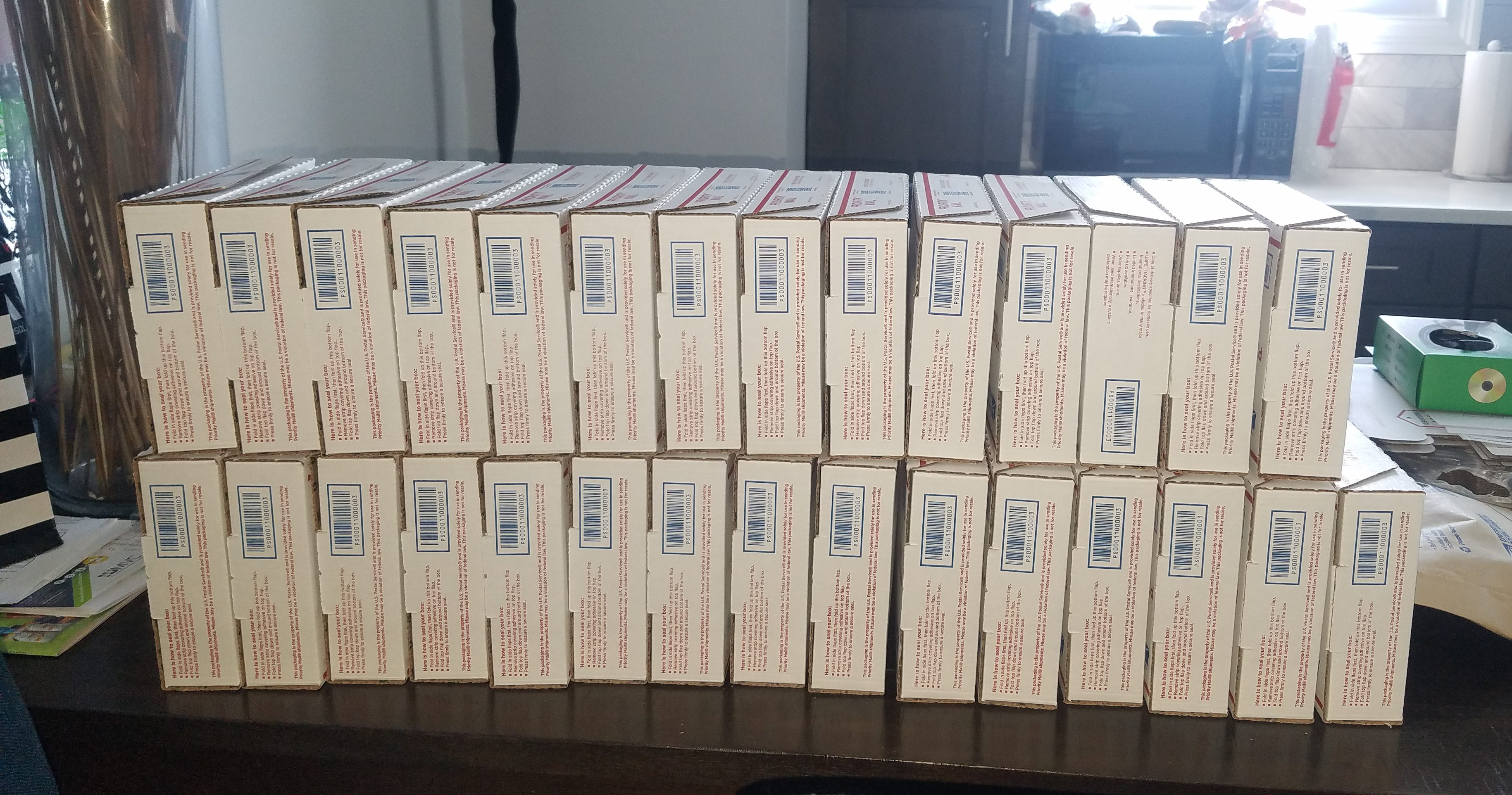
Nigeria
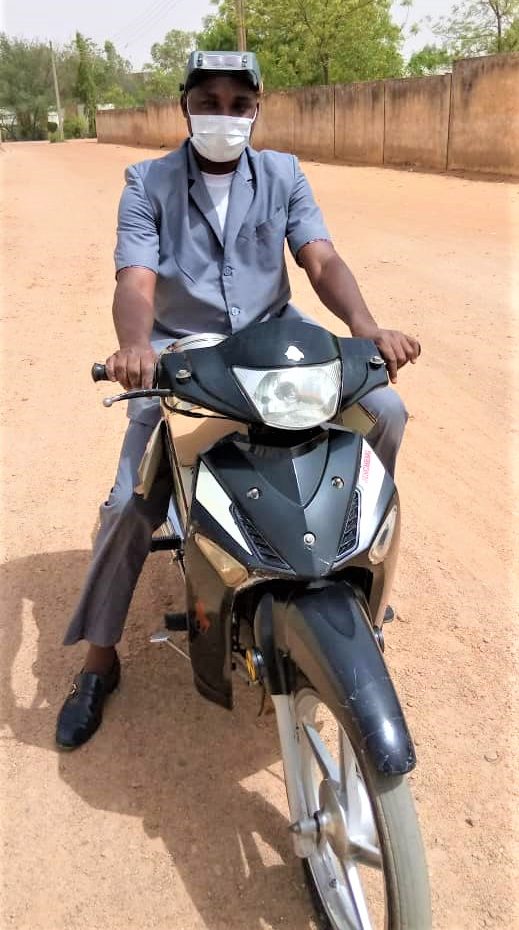
Trachoma is an infectious disease that causes blindness. In Nigeria, we support vision-saving surgery and post-operative care for trachoma patients, made possible by the Commonwealth Fund and our partner, Sightsavers.
When the Nigerian government issued stay-at-home orders and limited gatherings to ten people in northwestern states, we were forced to cancel many of our trachoma-related activities. These included removing sutures for 38 patients who had received trachoma surgery the previous week.
To ensure that those patients received the care they needed, a 37-year-old state surgeon trained by Helen Keller Intl, Kabiru Yahaya, traveled throughout Katsina State on his personal motorbike. Wearing protective gear, he visited each patient, removed their sutures, and ensured they were healing well.
“It was scary because of the pandemic,” he said, “but it was the most satisfying thing I have done in my career as a surgeon.” This kind of dedication and ingenuity is at the heart of our COVID-19 response across all the countries where we work.
Many of the programs in this article are made possible by the generous support of the American people through the United States Agency for International Development. The contents are the responsibility of Helen Keller Intl and do not necessarily reflect the views of USAID or the United States Government.
